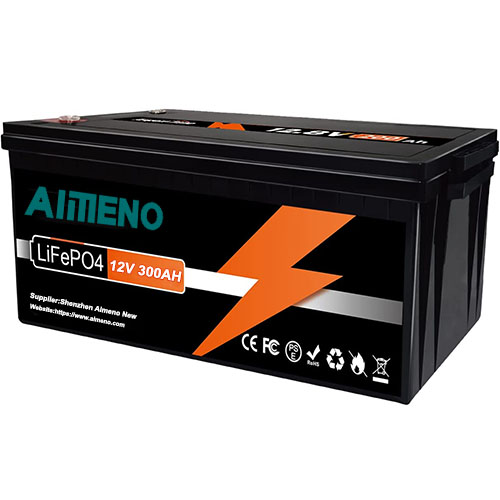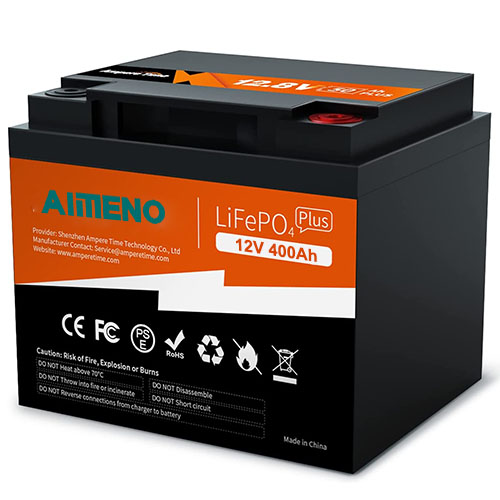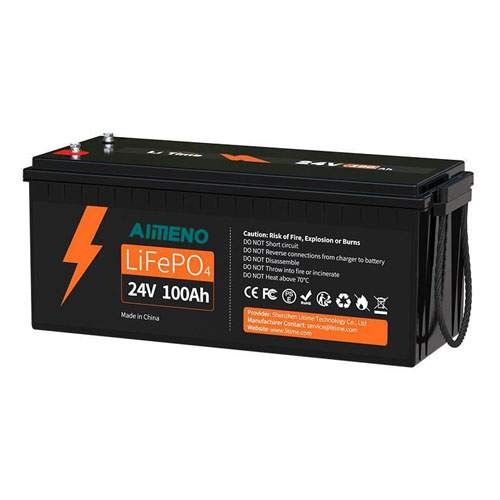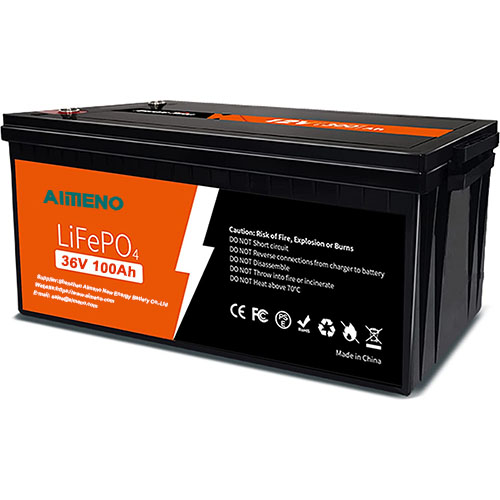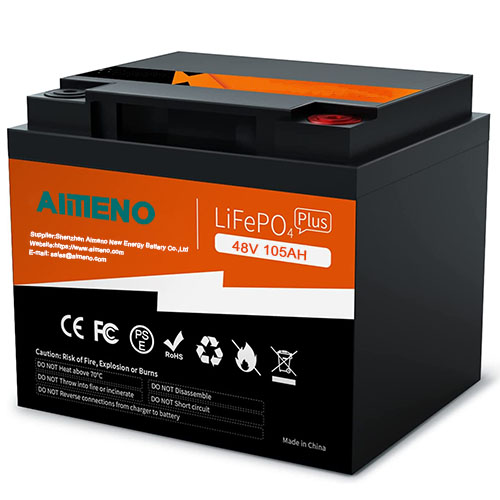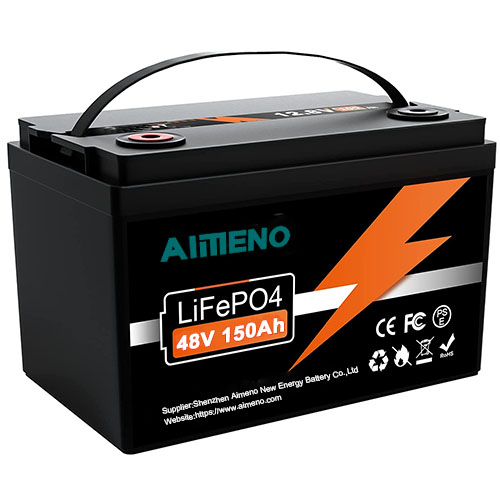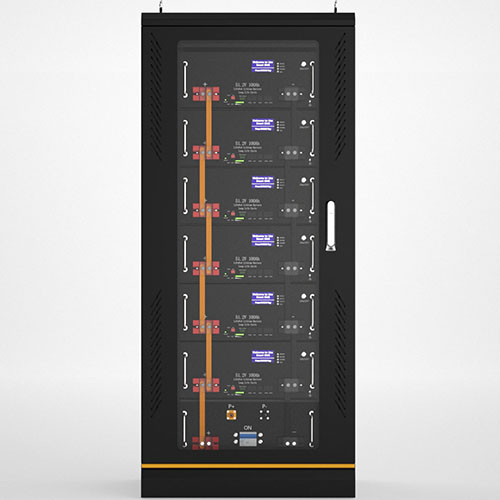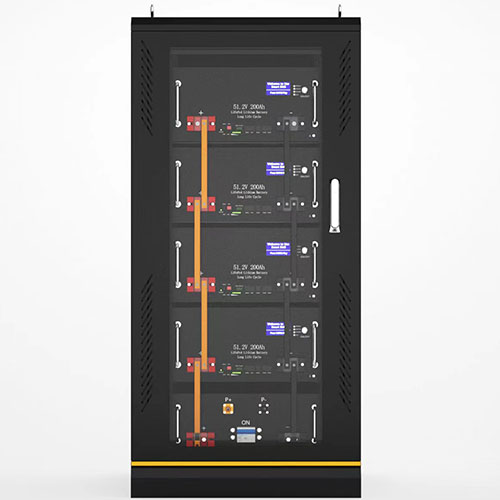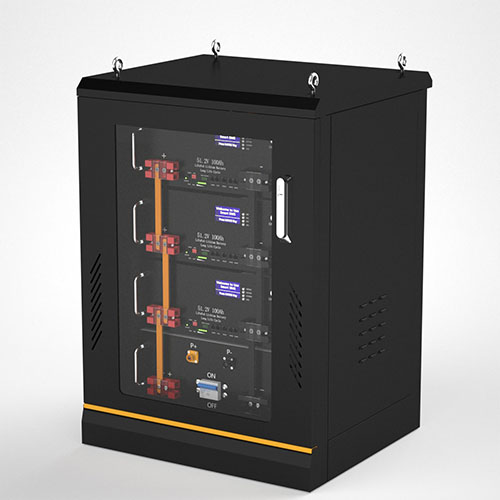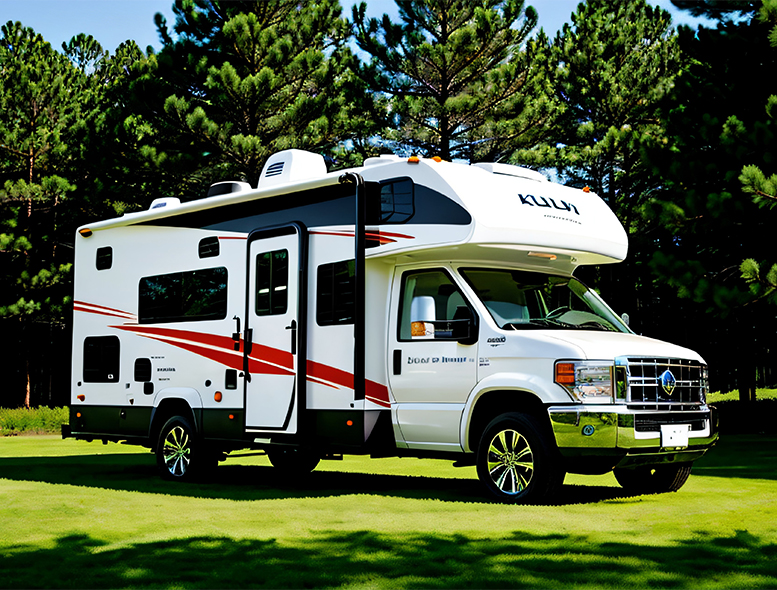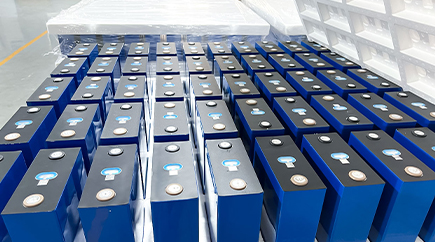Lithium RV Battery Buying Guide:
If you’ve never shopped for an RV battery before, don’t worry – you came to
the right place. As long as you take into account these important factors below,
you’ll be on the right track with choosing an RV battery that will last.
Amp-Hour Rating
The amp-hour rating will inform you how much electric capacity that battery
has. The amp-hour rating will tell you how much amperage your battery can
provide for one hour. Most batteries will come with this rating displayed on it,
so you won’t have to worry about calculating it yourself.
Required Maintenance
Some batteries need more maintenance than other batteries. Lead acid
batteries require a lot compared to lithium batteries, which require none. To
cut down on required maintenance, you can opt for a lithium battery. This comes
at a higher initial cost, but over time becomes much more cost efficient than
lead acid.
Expected Lifespan
As you think about the next factor, cost, you’ll want to first consider how
long your battery will last. Lithium batteries often last 10 years and longer,
but gel cell batteries and many lead acid batteries may only last 2 or 3 years
(depending on a number of things, of course). To prolong your battery’s
lifespan, seek out an RV battery that comes with a good warranty.
How Much Do Lithium Batteries for an RV Cost?
The typical price for a 100-amp-hr, 12V lithium battery for an RV has hovered
around $1,000 for quite some time. But, you can find many options now in the
$700 to $900 range.
That sounds like a lot when comparing the price of a lead-acid battery. But
remember that lithium batteries last much longer and have more usable energy
even when comparing batteries of the same capacity. For instance, a 100-amp-hr
lead-acid battery can only use about 50% of its capacity before beginning to
suffer irreparable damage. You can completely discharge a LiFePO4 battery
without damage.
Anticipated Motorhome Usage
A final consideration is based on how often you plan to use your RV. If you
don’t plan on using it much, and you’re great at battery maintenance, you may be
able to get away with purchasing a cheaper lead acid battery with a shorter
lifespan. But if you’re planning to use your RV often, for regular weekend
camping trips and travel, a high quality battery will be worth the
investment.
What Are The Different Types Of RV Batteries?
There’s lead acid, the most common RV battery (although that is rapidly
changing because of the new and improved lithium batteries). Then there’s AGM,
and Gel Cell. And then there’s lithium. You might be able to guess which we
think is best. Let’s start with lead acid.
Flooded Lead-Acid Batteries
The most affordable RV battery option short term is a flooded-lead-acid
battery. We’ll start with the cons. The thing about lead acid is, it’s super
cheap short term, but relatively expensive long term. They require a good bit of
maintenance or they’ll die on you quickly, and they last many years less than
lithium batteries regardless.
With this battery type, you’ll also want to install it somewhere with
adequate ventilation. They emit flammable and poisonous fumes that can be
harmful to you and your environment. They’re also bigger and heavier. And last
thing. Lead acid batteries lose their max capacity over time. A few months down
the road, a lead battery’s max charge will be a portion of what it was before.
Lithium batteries, on the other hand, don’t have this problem.
Now, the pros. They are cheaper on the front end. And can last a decent
amount of time if they’re properly maintained AND aren’t used much. So they can
be the best option for some buyers for that reason.
Absorbent Glass Mat (AGM) Batteries
Unlike the flooded lead-acid batteries, these AGM batteries are stored within
an absorbent mat. Like lithium batteries, these batteries don’t require
ventilation. AGM batteries can also handle more extreme temperatures, unlike
some other types. And here’s another advantage. Lead acid batteries generally
last 400 cycles/recharges, roughly speaking. AGM batteries can last 500 cycles
and sometimes more. That’s a solid advantage over lead acid. That said, lithium
batteries outlast them all, rated to last 3,000 to 5,000 cycles.
Gel Cell Batteries
Gel cell batteries provide electricity from a gel instead of an electrolyte
solution. These batteries don’t require extra ventilation or any maintenance.
These batteries have a fairly impressive lifespan (unless you’re comparing to
lithium batteries), able to achieve a max cycle life of 1,000 cycles. They’re
heavier than lithium batteries, but lighter than lead acid. And finally, they’re
more expensive than lead acid, but cheaper than lithium batteries.
Lithium (LiFePO4) Batteries
In our humble opinion, the best RV battery you can purchase is the LiFePO4
battery. (Unless you really need the cheap short-term option, which is
understandable too.) Lithium RV batteries are lighter than the other types, and
are the longest-lasting batteries you can get. They also don’t emit toxic fumes
or require ventilation, and they don’t need any maintenance. If you’re looking
for a battery that’ll last long enough to be more cost efficient than the rest,
lithium is likely your best bet. That said, they’re not for everybody (most
people maybe, but not everybody).
Anyway, let’s cover the price factor. Lead acid and other batteries can seem
more attractive to some because of the price-tag. But here’s the thing. That’s
just the initial cost.Lead acid, AGM and Gel batteries are cheaper up front, but
like we said earlier, they only last around 400-1,000 cycles. That’s compared to
lithium’s 3,000 to 5,000 cycles. With that much longer of a lifespan (no
maintenance required), they should cost a lot less in the long run.



